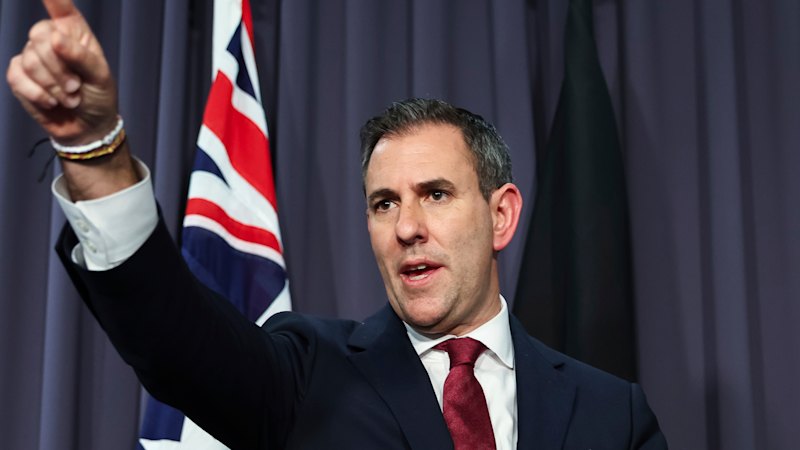
The ongoing discussion surrounding intergenerational inequity has sparked a variety of opinions about its implications and potential solutions. While many agree that the issue exists, some argue that mere conversation lacks the necessary weight unless accompanied by substantial governmental action. In a recent letter to the editor, Geoff Harding from Chatswood noted the differences between generations, particularly regarding opportunities for travel and life expectancy.
Harding pointed out that younger individuals today enjoy greater access to international travel than previous generations did at the same age. For many Boomers, air travel was prohibitively expensive, and the pressure to establish careers, marriages, and property ownership loomed large. In contrast, young people today are projected to live longer, with many likely to reach their 90s, while Boomers may only see their early 80s. Furthermore, Harding highlighted that many Millennials are poised to inherit significant wealth accumulated by their parents, suggesting that their situation may not be as dire as it appears.
Challenges Faced by Younger Generations
Nick Franklin from Katoomba echoed similar sentiments, emphasizing the declining marriage rates and the associated struggles many young people face in affording homes and raising families. He noted that recent economic forums indicate a growing recognition of these challenges among decision-makers and a desire for action. Franklin called for older generations to relinquish some of the benefits they have enjoyed, advocating for what he termed “intergenerational fairness.”
Meanwhile, Manbir Singh Kohli from Pemulwuy brought attention to the financial literacy of younger generations. He observed that, despite being more educated and experiencing higher incomes, many young people are outsourcing their financial management, leading to a lack of understanding about personal finance. Kohli questioned whether this might contribute to their struggles with home ownership and wealth accumulation.
Michael Blissenden from Dural highlighted the burden of Higher Education Contribution Scheme (HECS) debts, which he argues hinder young individuals from achieving financial independence. He called for a reassessment of debt repayment thresholds to provide young people with more breathing space.
Calls for Systemic Change
The conversation about intergenerational equity extends beyond individual circumstances to systemic issues. The current political landscape shows signs of momentum, particularly regarding climate change and economic policy. Sussan Ley, a member of the Liberal Party, faces internal pressure to address net-zero emissions targets, reflecting broader concerns about environmental sustainability and economic resilience.
Public sentiment appears to be shifting, with polls indicating that a majority of Coalition voters support strong emission reduction targets. This suggests a recognition of the long-term implications of inaction on climate change, which could disproportionately affect future generations.
As discussions continue, it is clear that addressing intergenerational inequity will require both acknowledgment of the existing disparities and concrete action. Whether it be through financial reforms, alterations to educational policies, or environmental initiatives, the path forward demands a collaborative effort across generations.
In summary, while conversations around intergenerational inequity are crucial, they must be matched with decisive actions that will foster a fairer future for all generations.







